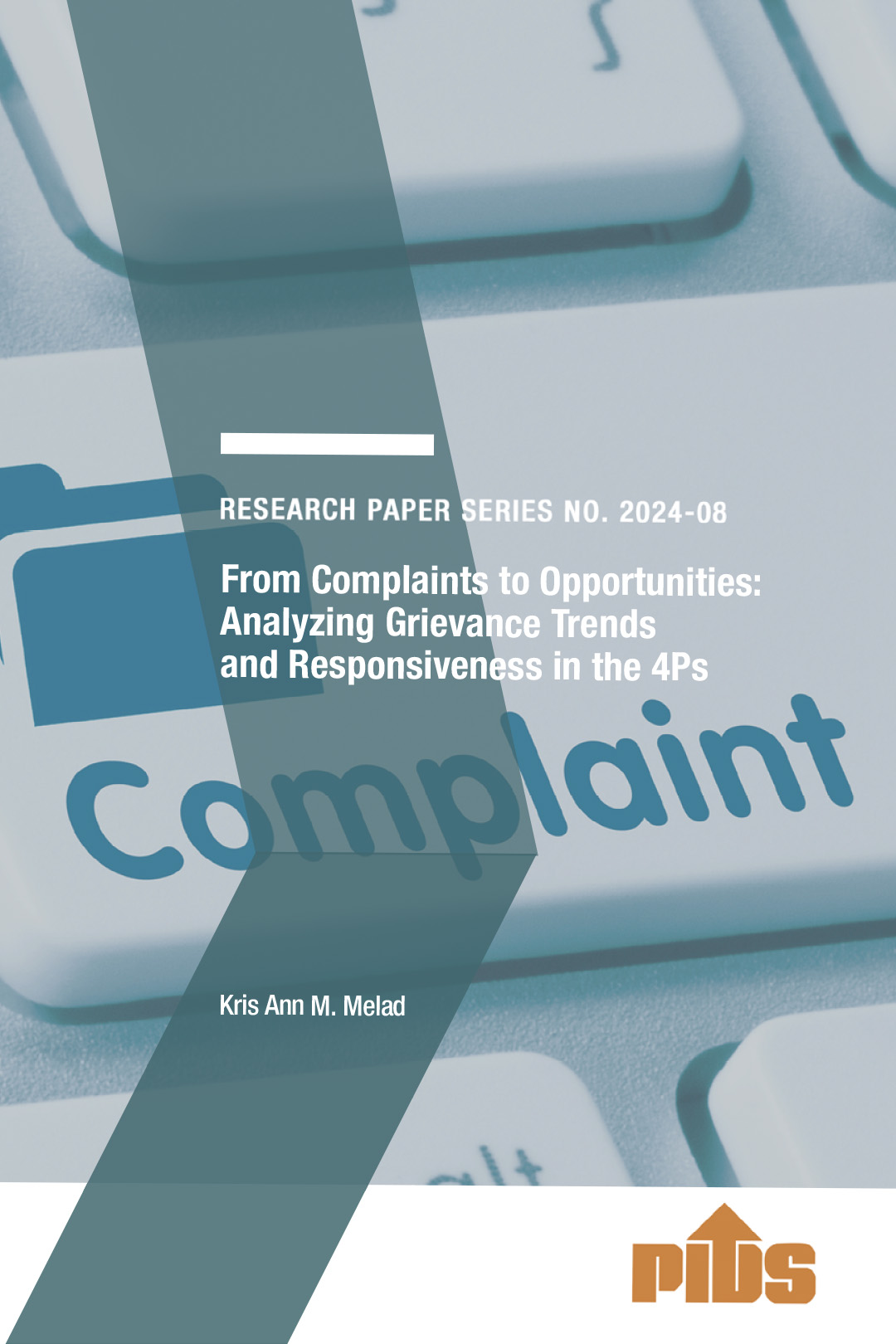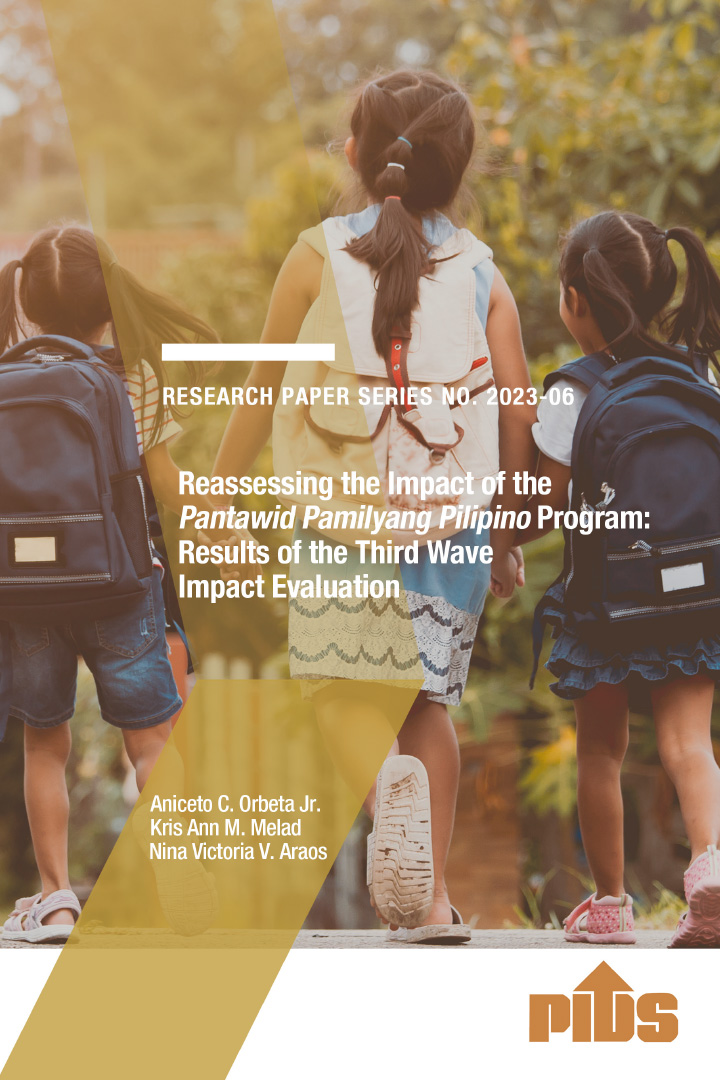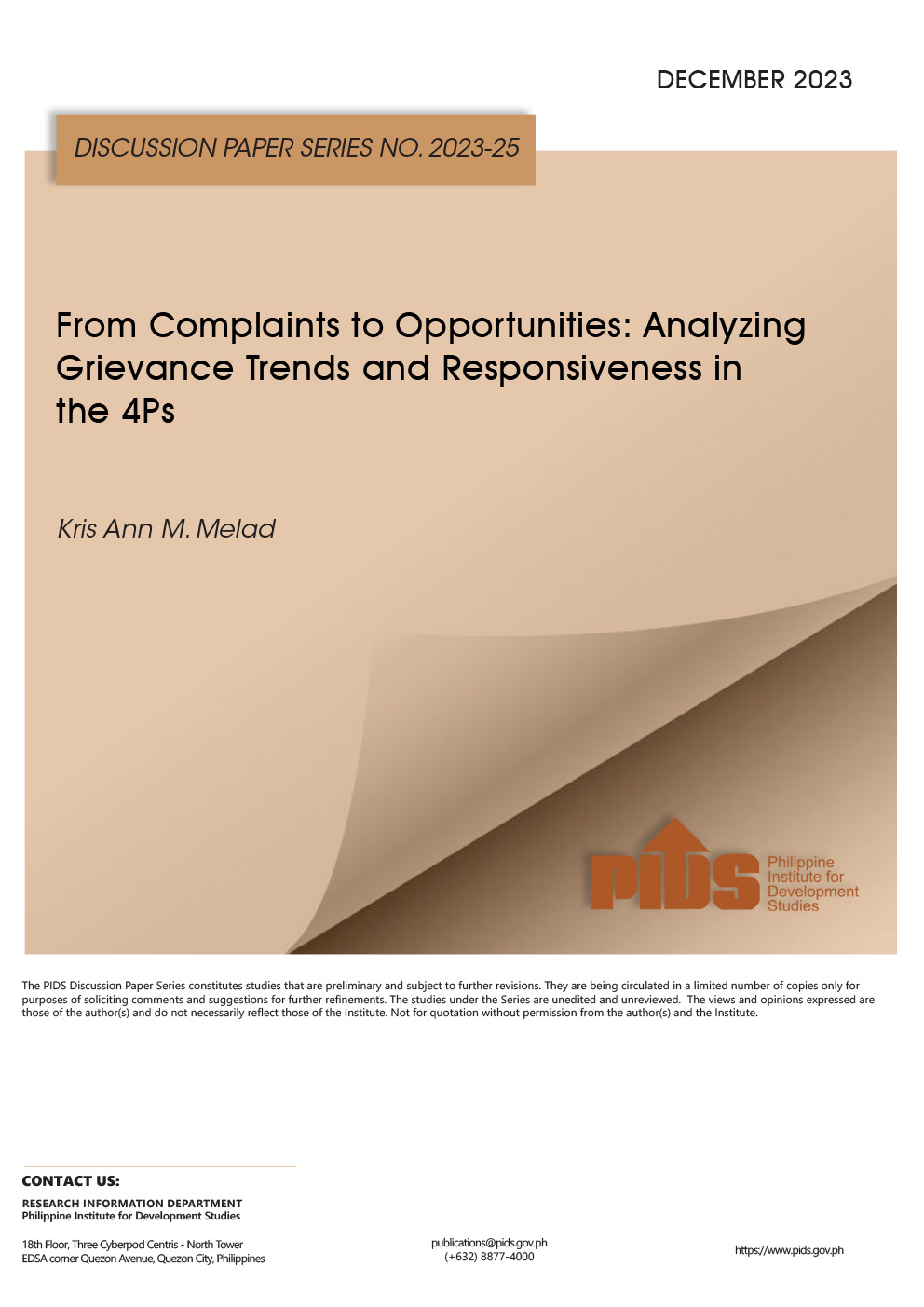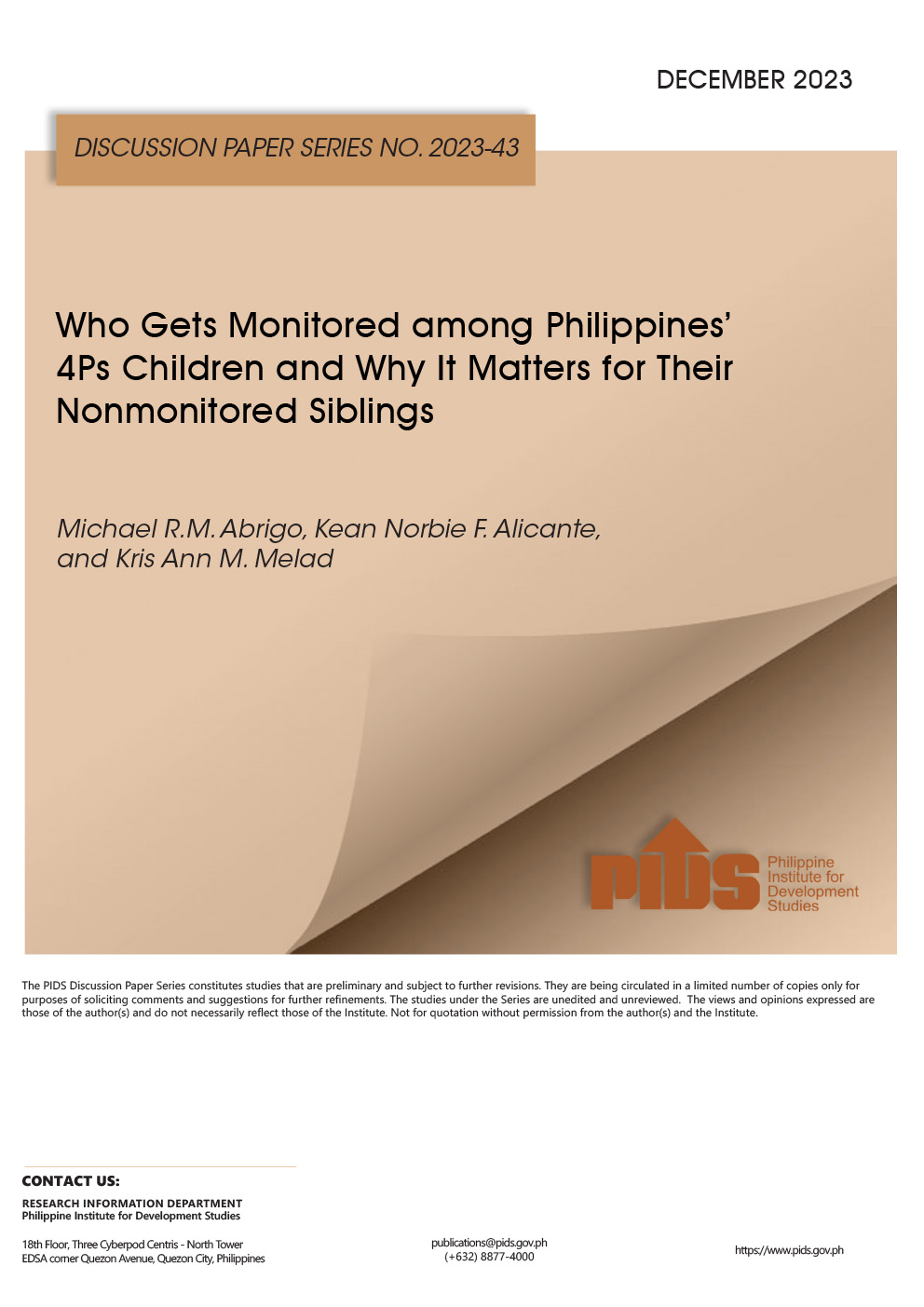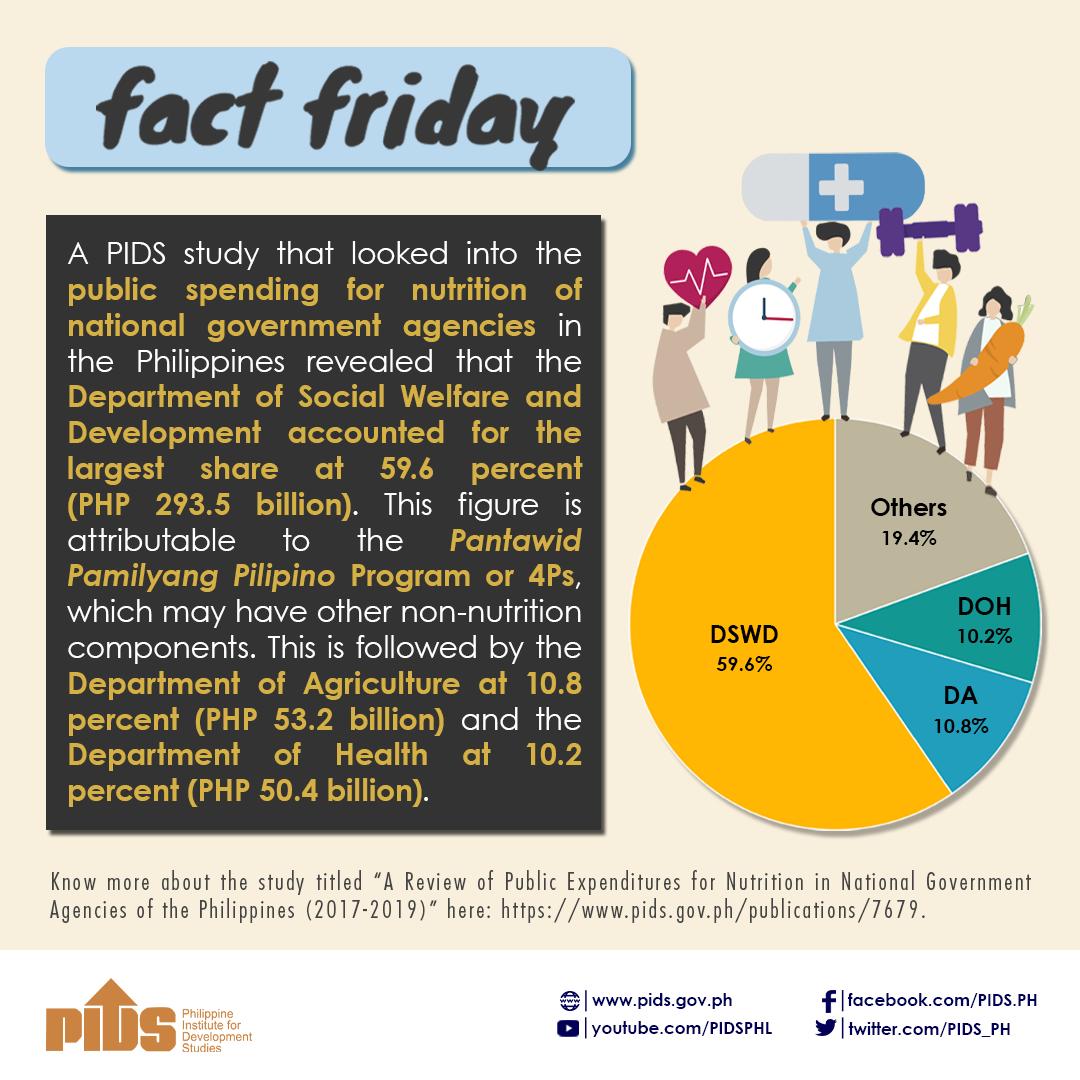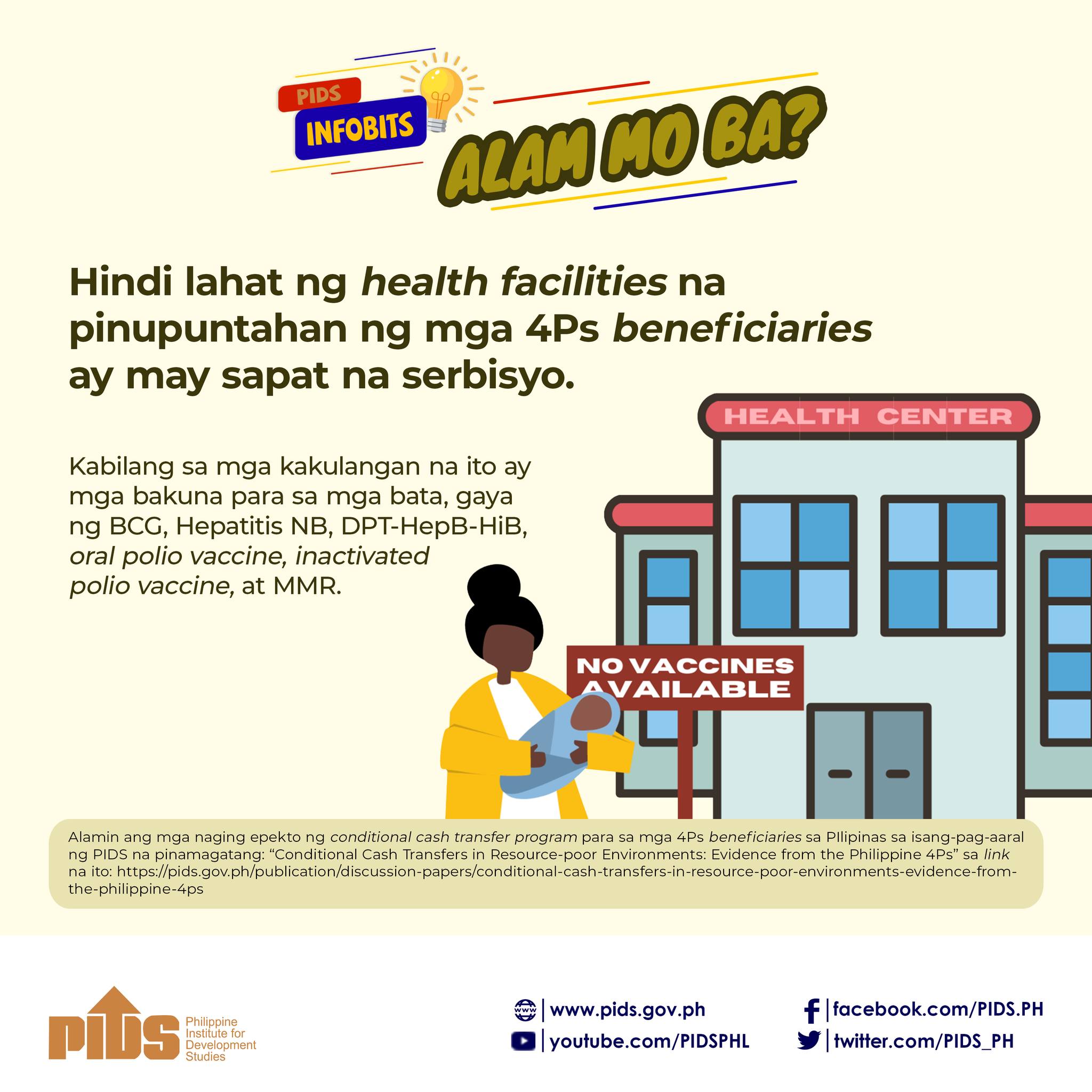The grievance redress system (GRS) of the Pantawid Pamilyang Pilipino Program (4Ps) aims to facilitate due process in resolving the concerns and complaints of beneficiary households, program stakeholders, and the general public about the program. Like other social programs globally, the 4Ps GRS serves as a social accountability measure to address risks of error, fraud, corruption, and leakages due to the complex nature of program operations. This study examines the 4Ps GRS by analyzing grievance case data from 2010 to 2022. It identifies key patterns and challenges, noting a significant increase in grievance volume following procedural guideline upgrades and calamitous events, while a decline in cases occurred due to issues with the management information systems. Payment-related issues were the most common grievances in terms of volume, reflecting challenges in distributing cash transfers, a key feature of the conditional cash transfer program. Most grievances were filed in person, highlighting the importance of direct interaction and staff capacity building for effective grievance management. Overall, grievance resolution rates were high, but the decline in 2021–2022 warrants a review of procedures and underlying causes. A regression analysis revealed factors influencing timely resolution, such as submission modes and regional disparities. Interviews from a previous study indicated limited beneficiary awareness, delays in resolutions, and poor access to case updates. To address these issues, recommendations include strengthening data management, enhancing staff capabilities, promoting beneficiary awareness, and implementing regular evaluation and monitoring. These findings underscore the need for targeted approaches to strengthen grievance resolution in the 4Ps.

